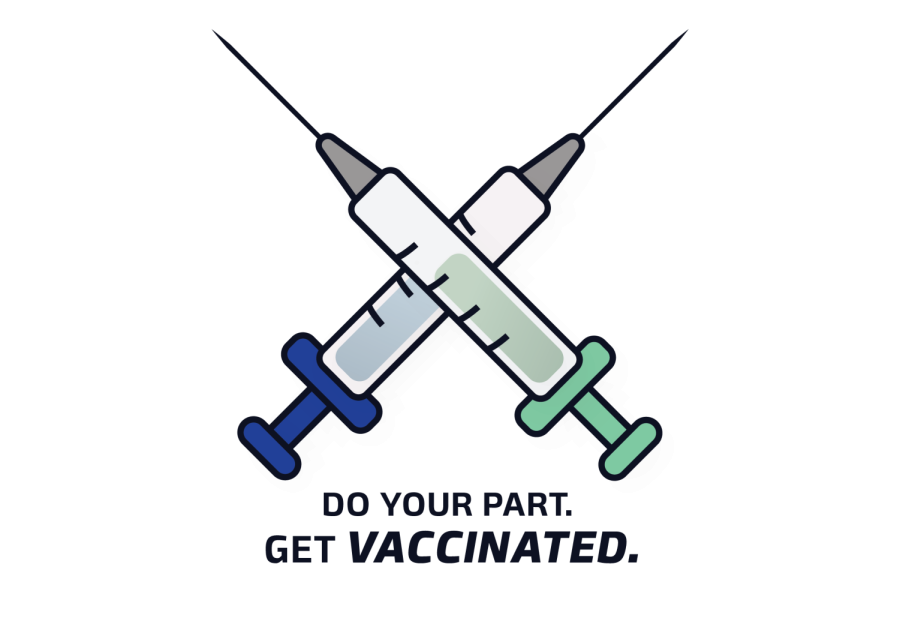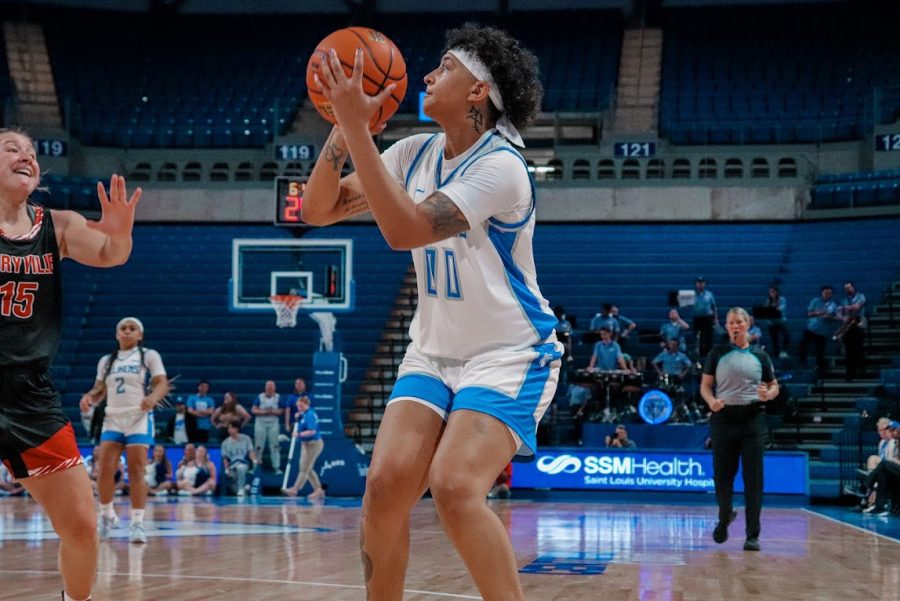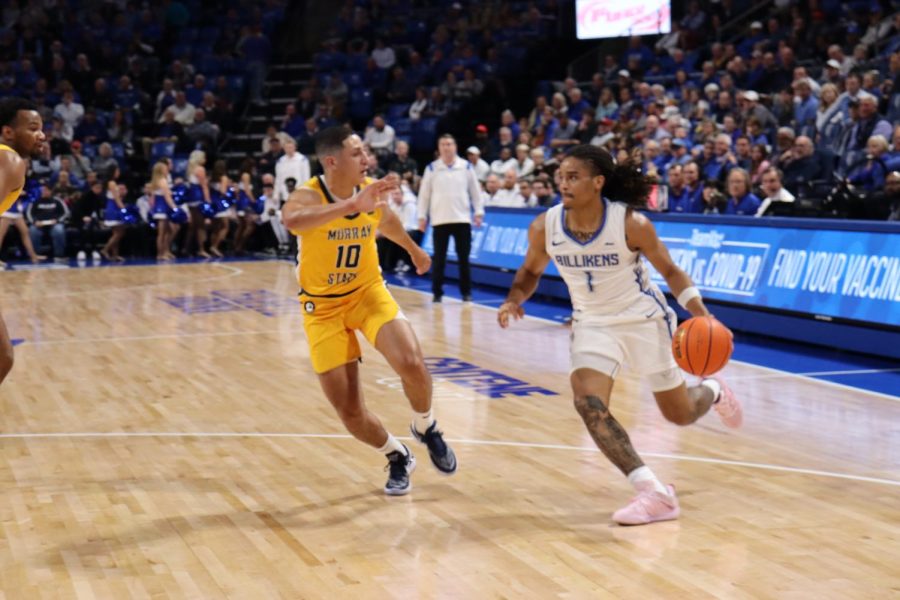Academic pressure is not a foreign concept to any premedical student. Having gone through the stress of standardized tests and GPA battles to make it in to the best colleges, they are rewarded with the far more difficult and complicated task of succeeding in a major way through premed coursework and extra-curricular posturing. Then they have to prepare for and defeat the MCAT exam, which can make or break med school dreams, and move on to applications and interviews with a host of schools that decide a large part of their future. But Saint Louis University offers a somewhat different path for aspiring physicians: the Medical Scholars Program.
The Med Scholars Program began in 1984. According to Dr. L.J. Willmore, associate dean of admissions and student affairs for the Saint Louis University School of Medicine, 447 physicians have matriculated through the program and graduated from the Saint Louis University School of Medicine. To most people coming into college with the dream of being a doctor, the appeal of being a Med Scholar is obvious.
“When I started looking at colleges during my junior year of high school, my end goal was always to pick a school that would put me on the right track to med school,” Colleen Mathews, a first year student at SLU Med, said. “Because I knew so early that’s what I wanted from a college, my entire college search was of programs like SLU’s Med Scholars.”
Mathews had known she wanted to be a doctor since seventh grade, and the Med Scholars Program was a natural fit in that it would get her moving toward her dream faster.
“I sort of chose to be a Med Scholar before I even chose to go to SLU,” Mathews said. She found that the program’s requirements were similar to most pre-med tracks in that it necessitated a strong GPA and certain core classes and focused on building students up as strong med school applicants. She also saw a major advantage in the early application process.
“The thing I was most happy about with the program was the almost-guaranteed med school acceptance,” Mathews said. “I knew by the end of my sophomore year that I was accepted to med school, which is unbelievable.”
Med Scholars have an early opportunity to apply to medical school, completing the application process in the spring of their sophomore year. This gives them two years advanced notice concerning their place in medical school, compared to traditional pre-med paths.
This also means that Med Scholars must build up an impressive resume early in their college careers. Pre-med programs generally recommend students spend a healthy number of hours shadowing a doctor or volunteering in a medical field before application. In addition, Med Scholars
are required to go through an evaluation process with the Pre-Health Professions Committee on Evaluations and participate in an interview with the Committee on Admissions in their sophomore year to demonstrate that they have what it takes to succeed in the field of medicine.
Because of the structure of the program, many Med Scholars find freshman and sophomore years to be the most anxiety-riddled parts of their undergraduate education, and should a Scholar apply to a medical school other than SLU’s School of Medicine they immediately forfeit their place in the program. However, Scholars benefit from the lack of a minimum required score on the Medical College Admission Test (MCAT).
“My classmates spent their junior year summers studying like crazy for the MCAT, buying expensive review books and taking super boring prep classes for it,” Mathews said. “I enjoyed that summer and took the test with no worries.”
Large portions of pre-med students spend their undergraduate years with the MCAT looming over them. A score greater than a 30 is generally considered competitive, but those admitted to upper echelon schools tend to score between 34 and 36. The average MCAT score for SLU Med is a 32.3, according to the Princeton Review.
After surviving their sophomore year, all that’s left for Med Scholars to do is maintain a minimum cumulative and math and sciences GPA of 3.5.
“I know even with regular students, keeping up GPA is important, but with Med Scholars there is something additional to lose,” Blake O’Connor, a junior in the College of Arts and Sciences, said. “It always seems to be on your mind. That’s what makes it different from pre-med. Pre-med is a goal, but with Med Scholars, you have that extra notion that [everything] could be pulled away.”
Yet some students believe the GPA stipulation to be too strict due to the lack of a probationary period.
“My math science GPA was on the bubble at the end of sophomore year, so they delayed interviewing me until the grades were in over the summer,” Dan Goeddel, a junior in the school of Public Health, said. “To this day, I do not understand why they do not at least give students a chance to get their grades up over one semester. A probation period seems much more reasonable.”
Yet for many Scholars their position also serves as a constant test of their resolve.
“I would say a benefit of the program is the constant focus on medicine,” O’Connor said. “You never forget your goal and you have the support of the pre-professional guidance office, so there is always someone to turn to for help or advice.”
However, Goeddel found that the program actually pushed him away from becoming a doctor due to the constant pressure of a high GPA and going through the application process. He dropped the program after his sophomore year, and has since found this to be a positive decision.
“I can help others, be successful, provide for a future family and be proud of what I am doing without being a doctor,” Goeddel said. “I did not sincerely believe that while I was a Medical Scholar.”
And while many will find that the program isn’t for them, those who graduate as Med Scholars have med school to look forward to, with a whole new set of trials.















